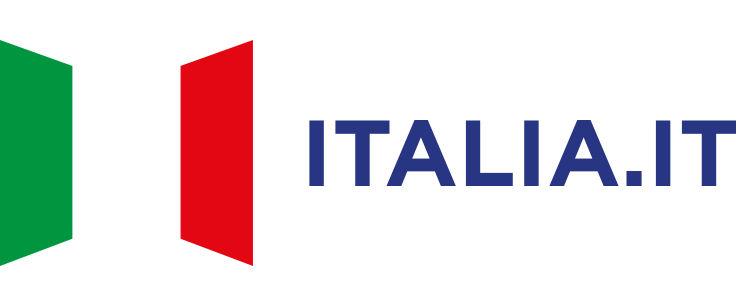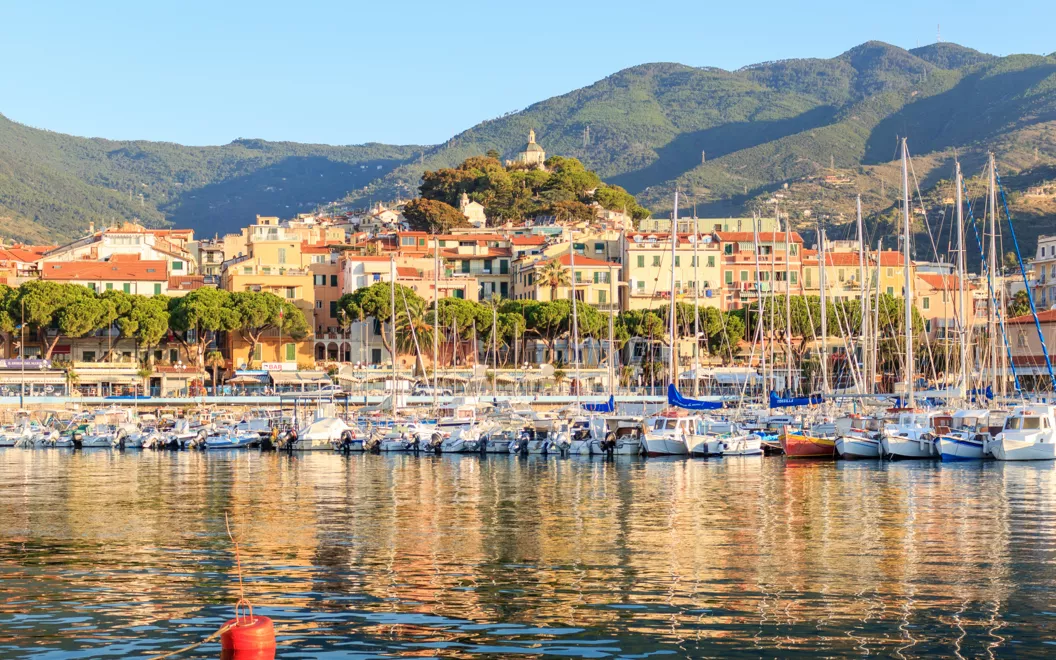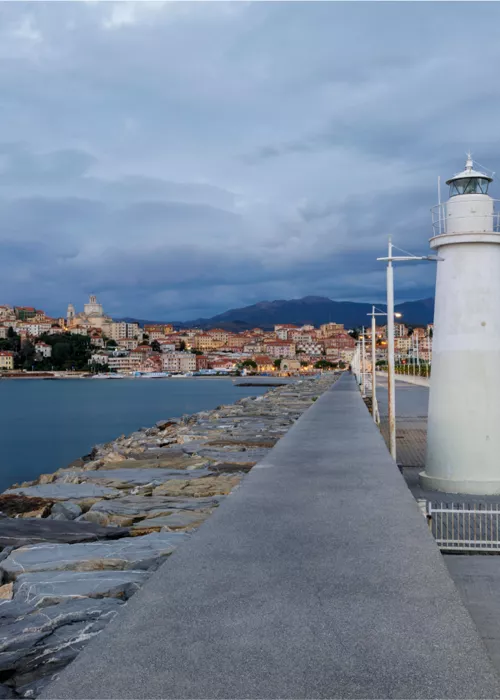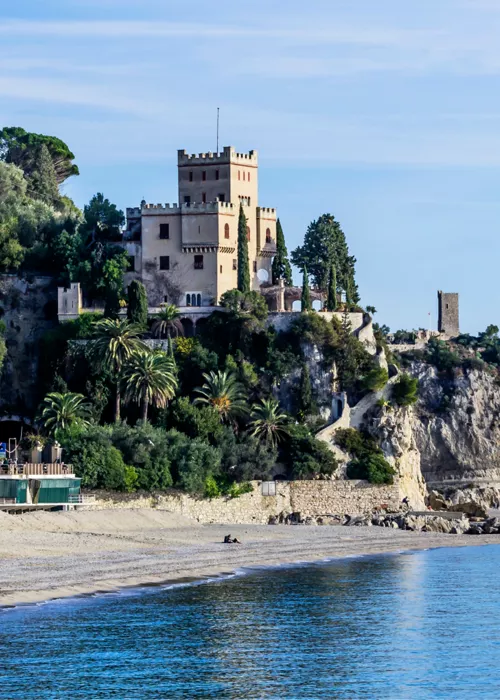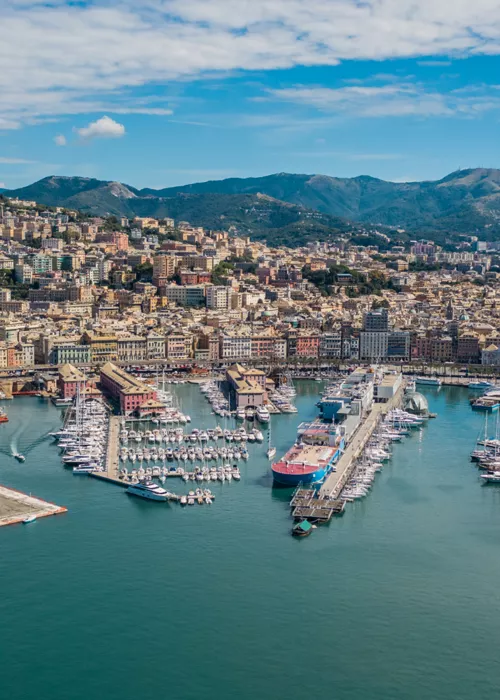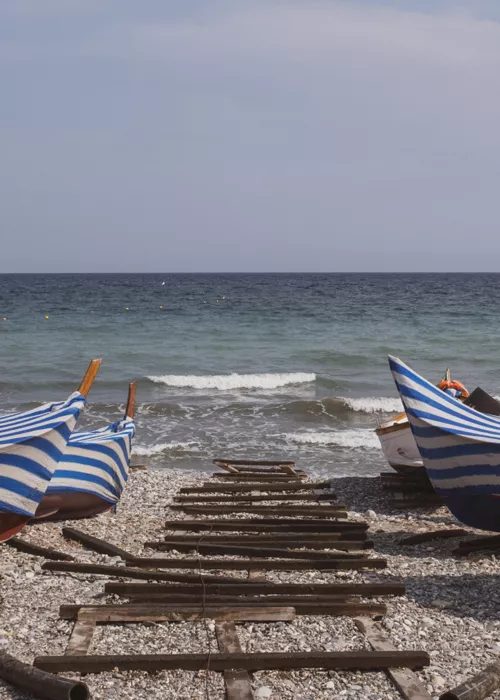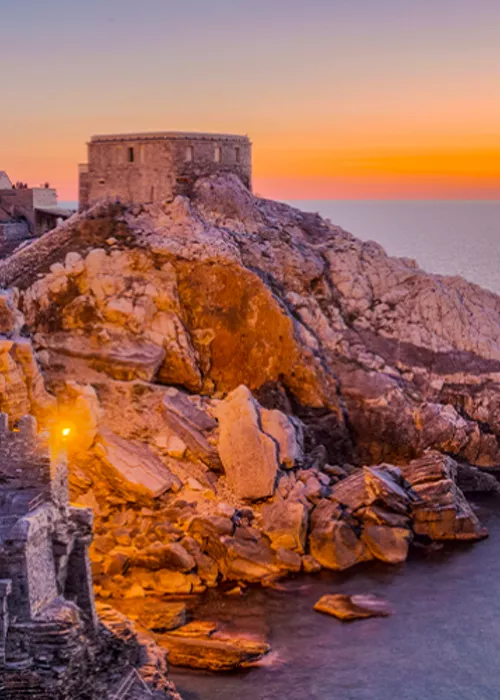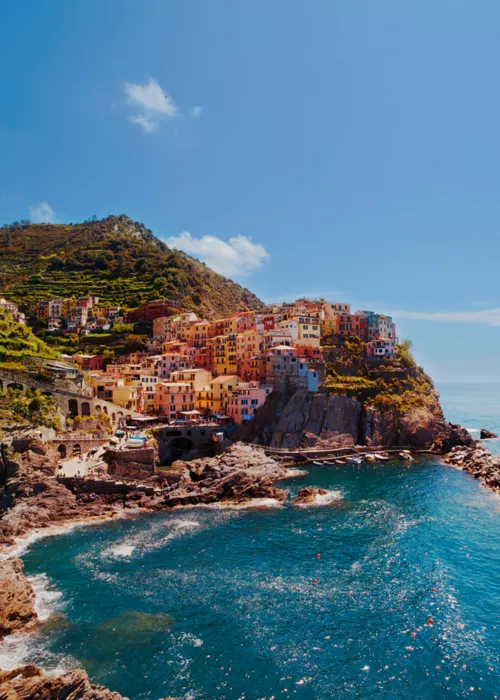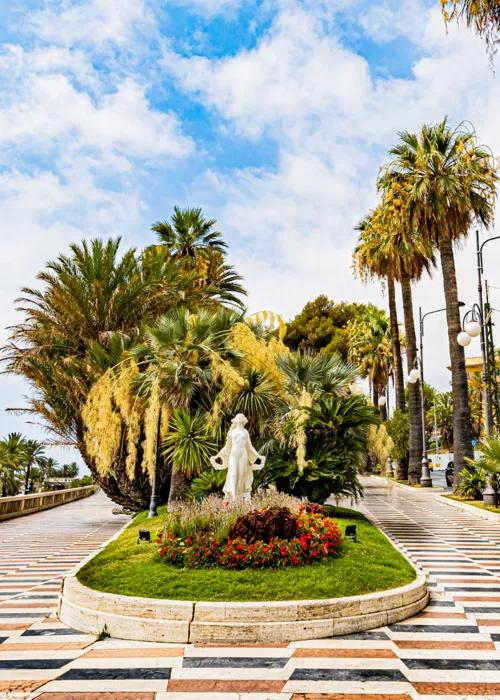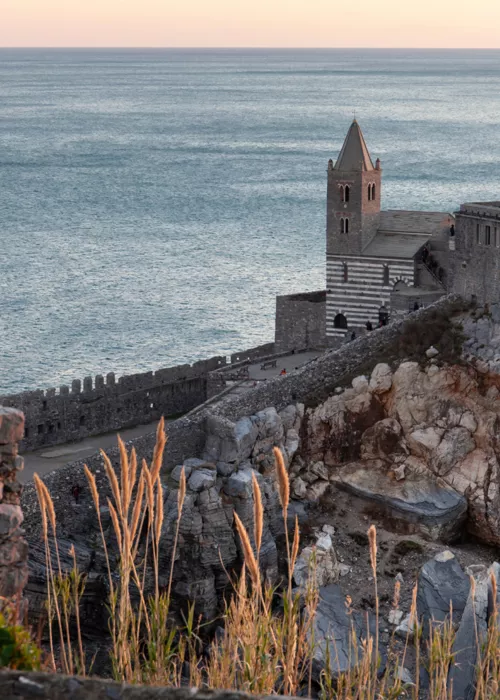Ariston Theatre

Sanremo is great, but with the right addresses at your fingertips you can go with confidence. The first stop? Of course the unmissable Teatro Ariston, in via Giacomo Matteotti. It is here that from 1977 the Festival is held, until thatyear hosted in the Salone delle Feste del Casinò city.
As you head towards the historic theater of the City of Flowers, however, also stop at the Co-Cathedral of San Siro, which is on the street: it is the oldest church in Sanremo and is from the Romanesque era.
Casino

After taking the photos, continue along Via Matteotti to the Casino, in Via degli Inglesi. Housed in a liberty building designed by the French architect Eugène Ferret, it is one of the four casinos in Italy and is open every day, entry is only allowed to adults.
If you are careful observers, you will have noticed that from the Casino you can see unusual domes for an Italian city: it is the Church of Christ the Saviour, San Serafino di Sarov and Santa Caterina, of Orthodox rite. Built between 1912 and 1913 and is one of the symbols of the city and its history is definitely fascinating. At the beginning of the 20th century, the Russian community in Sanremo was numerous, thanks also to the fact that Tsarina Maria Alexandrovna, wife of Alexander II, loved the Ligurian city and spent her holidays there. The Orthodox community still uses it today.
La Pigna

For lunch, move to the ancient historic center of the city, La Pigna, so called for its shape. It was built in this way to defend Sanremo from Saracen pirates, very frequent during the foundation of the city, around the year 1000.
From Piazza Cassini you enter the Pigna through the Porta di Santo Stefano, from the fourteenth century. From here, on the left, you will find the covered passage of the Revolts of St. Sebastian, which leads to the Piazza dell'Oratorio dei Dolori: a dense maze of alleys, narrow alleys and steep climbs, perfect for urban trekking enthusiasts.
Sanctuary Madonna della Costa

The second day of the itinerary requires really comfortable shoes. On top of the Pigna, there are the Queen Elena Gardens, which dominate the city. They were built from 1754, where a Genoese castle stood, but they are also the result of the demolition of some areas of the same Pigna, after the earthquake that struck Sanremo in 1887. The Gardens, made with a series of terraces, are joined together by stairs and offer a unique view of the rooftops of the ancient city center and the sea.
If you have arrived up here, make a small effort to reach the Sanctuary Madonna della Costa, symbol of the city and your destination. According to tradition, it was built in memory of the feast of chains, when the Sanremesi dragged to the sanctuary of the chains to celebrate the liberation from the feudal yoke of the Doria.
Fort of Santa Tecla

The itinerary of the second day continues in the most modern part of the city. After lunch, walk along the Empress Walk, spend some time shopping in Via Matteotti and have a coffee or an aperitif in one of the many places that look out to the sea.
A walk to the Old Port will bring you in front of the Santa Tecla Fort, imposing and impenetrable thanks to its triangular shape. It was built by the Genoese in only 11 months and inaugurated on March 12, 1756, to repress the feelings of independence of the city against the Republic of Genoa.
Villa Nobel

The third day itinerary also starts in the green. The Queen Elena Gardens are not the only ones in the city, even those of Villa Nobel and Villa Ormond are truly unmissable.
Villa Nobel was the residence of Alfred Nobel, creator of the famous Prize. He called her “my nest”, and here he spent the last years of his life, devoting himself to his activity as a chemist. Today it houses a museum, where the environments where Nobel lived were reconstructed, and is available for events. Lovely gardens, which can be accessed free of charge.
Next, take at least an hour to walk along the paths, a stone's throw from the sea.
Villa Ormond

Just 200 meters from Villa Nobel, also in Corso Felice Cavallotti, there is also the Villa Ormond park, another jewel of the Ligurian city.
In fact, it is no less. Rich in exotic species, it is a quiet and well-kept refuge, ideal for walking and relaxing.
Mercato Annonario

If you are looking for an alternative souvenir to end the day with the last stop, reach the Mercato Annonario, open from Monday to Saturday, from 6 am to 1.30 pm.
Designed in the mid-1950s, it's much more than a covered market to go shopping. Here, in fact, there is never a lack of small local producers with their specialties, which can be purchased at zero kilometer, from sardenaira, a crunchy pizza, to pesto and olive oil.
Bussana Vecchia

Are you passionate about two wheels? The bike path of the Riviera dei Fiori Coastal Park is right for you! It is a straight line of 24 kilometers overlooking the sea that from San Lorenzo al Mare leads to Ospedaletti. Rent a bike in Sanremo and take the bike path towards San Lorenzo. After about 10 kilometers you will arrive at the stage of your fourth day: Bussana Vecchia, a village populated by artists with a unique history.
Heavily damaged by the earthquake of 1887, the small town was abandoned by its inhabitants, so much so that for several years it was called a ghost town. In the 60s then the rebirth, thanks to a group of artisans and artists who decided to move here. They used the rubble still present in the village to rebuild it, giving themselves a kind of statute: nobody owned anything, but everyone was a community, faithful to the hippy spirit. The artists are still there: it's almost a world apart, worth a visit.
Seborga

Arriving at the fifth and last day of the itinerary it is time to take the car and reach, 20 kilometers away from Sanremo, the beautiful medieval village of Seborga. It is a small town immersed in nature, rich in traditions, history and curiosities.
Starting to walk from the center, the Church of San Martino is a small jewel of Ligurian architecture built next to the Palazzo dei Monaci, a medieval structure under whose portico there is a small source of drinking water and which housed the State Mint where Prince George I minted the currency of the principality, the Luigini. Continuing the walking tour, it is also worth visiting the Museum of Musical Instruments, where you can admire more than 130 instruments made from 1700 to today. Once seated at the table, try the typical pesto lasagna.
At the end of the itinerary, it's time to retrace your steps, rest overlooking the sea and get ready to enjoy the Final of the Sanremo Festival. Let the best man win!
